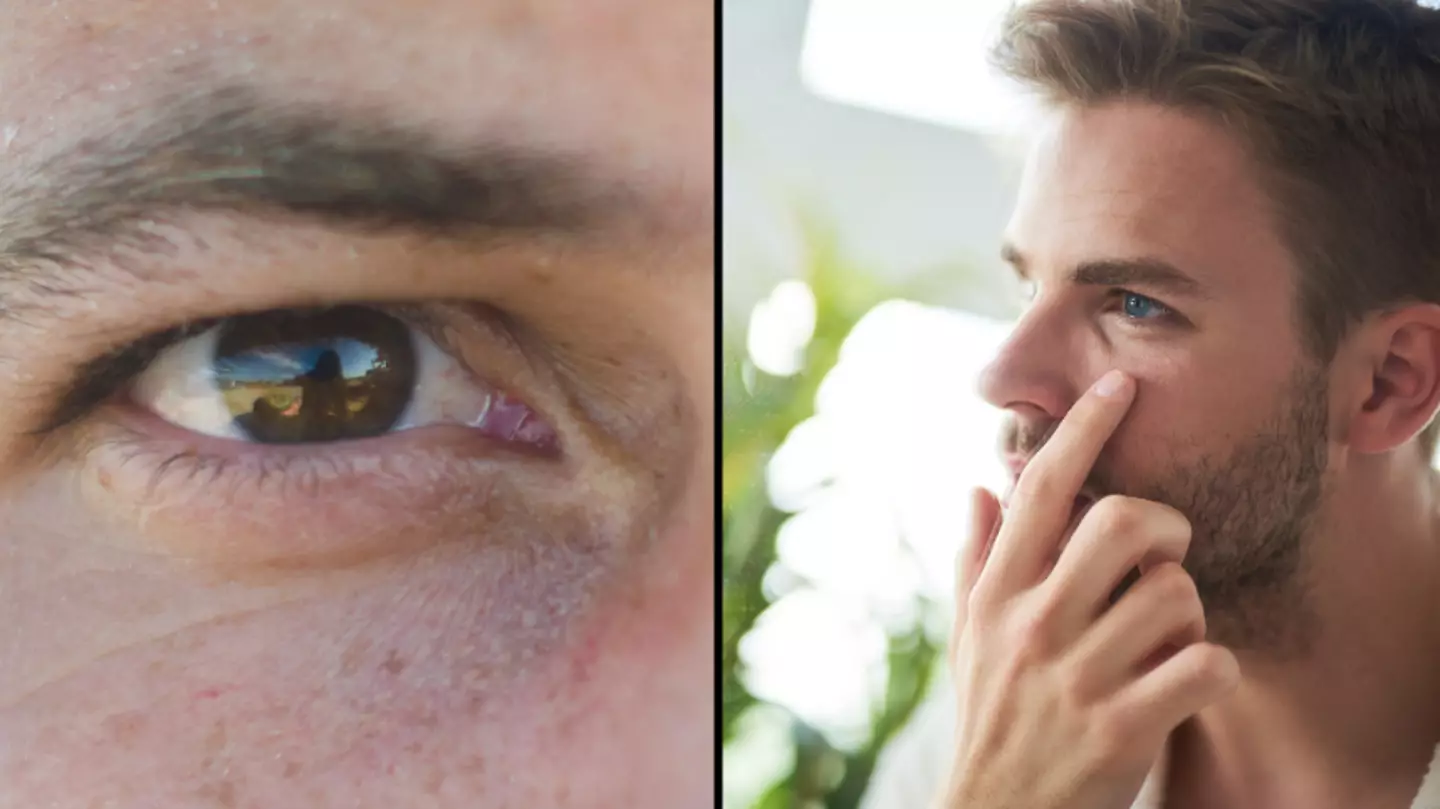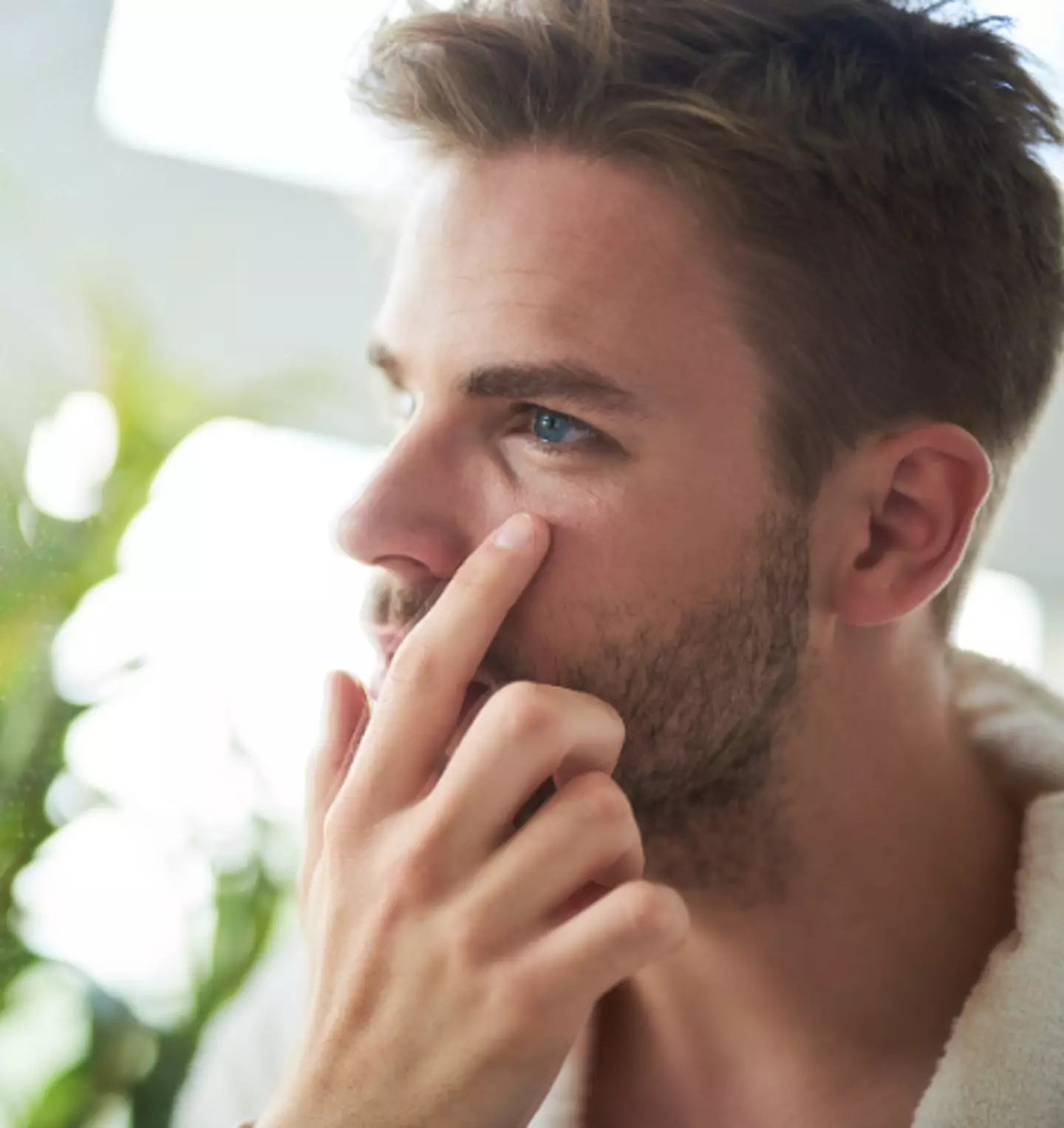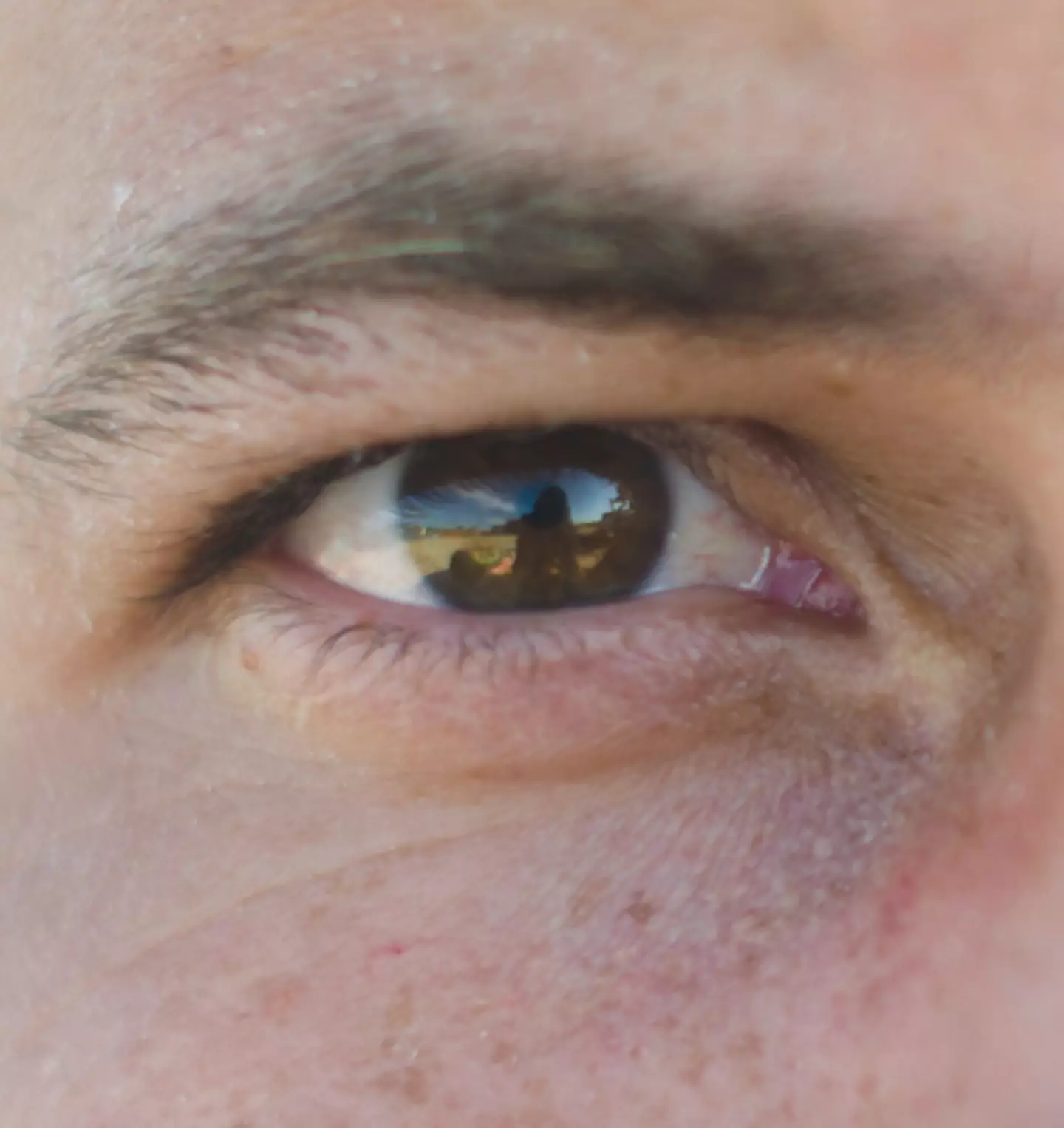
That unavoidable eye 'twitch' you sometimes get can be massive pain in the a*** - especially when it looks like you're winking at people on your way to work.
Not ideal.
But it turns out that 'twitches' are very common and aren't usually anything to worry about, for most people.
What causes eye twitches?
The NHS says that twitches - which can affect any part of the body - are often linked to people who suffer from stress or anxiety.
Advert
Also those who are tired, exhausted or have consumed too much caffeine or alcohol can get a common twitch in the eyes or legs.
“There are several reasons why a twitch in the eyelid can happen,” Dr Cornelius Rene, a consultant oculoplastic surgeon at Addenbrooke’s Hospital in Cambridge told The Guardian.
“But the commonest cause is something called benign essential blepharospasm, or BEB, which is an uncontrollable spasm of the eyelid, for which there is often no underlying cause.
"If it’s just one eyelid twitching, then that is usually what we call myokymia, which is a pretty benign condition that is usually transient and typically gets better on its own."
How do you stop eye twitching?
The good news is that although twitches come and go, it normally stops after a couple days or weeks.

To avoid twitching in the first place, the NHS say there are four things you can do:
-get plenty of rest
-try to find ways to relax
-stretch and massage muscles affected by cramps
-try not to worry about it because it only makes it worse
Dr Rene said: “Myokymia will usually resolve itself over a short space of time.
“If you’d like to minimise your chances of suffering in the first place, you can cut down on the amount of coffee you’re drinking or try to reduce your stress, but it will typically go away in minutes, hours or days anyway.”
When should you see a doctor about your eye twitches?
If you have a twitch for more than two weeks, the NHS advises that you go and see your GP.
They might take a look at what medicines you're having or either refer you to a specialist.

They also note to lay off the caffeine and booze for a bit.
Dr Luke Powles, associate clinical director at Bupa Health Clinics, told the Guardian: “If you experience a persistent twitch that lingers for more than two weeks and notice any unusual changes in your eye’s appearance or sensation, it may be indicative of an underlying issue.
“These might be early indicators of multiple sclerosis or Parkinson’s disease, a progressive brain disorder that can lead to muscle stiffness and tension, making movements and facial expressions more challenging.”
Topics: Health, NHS, Mental Health